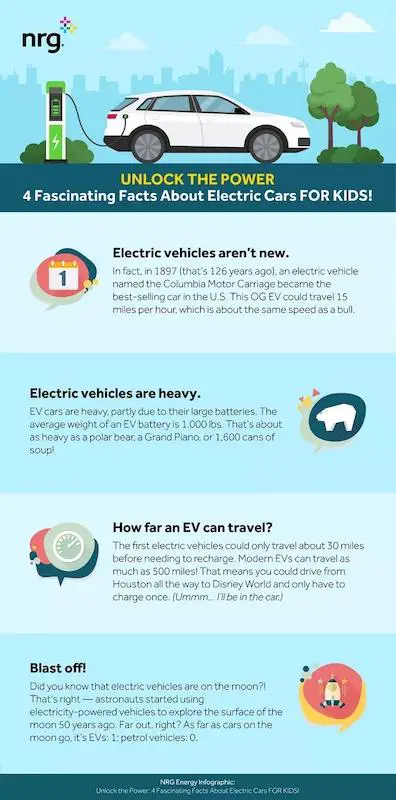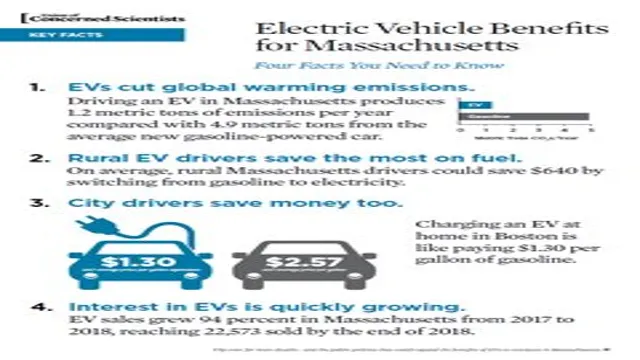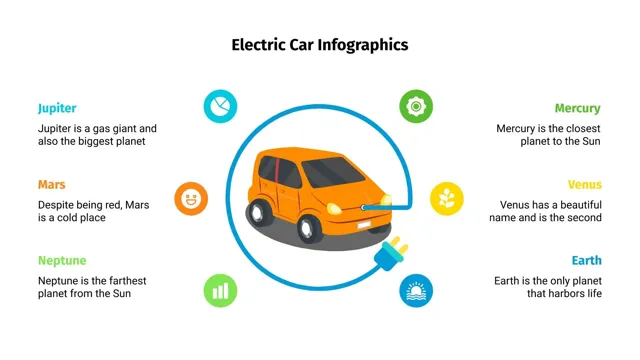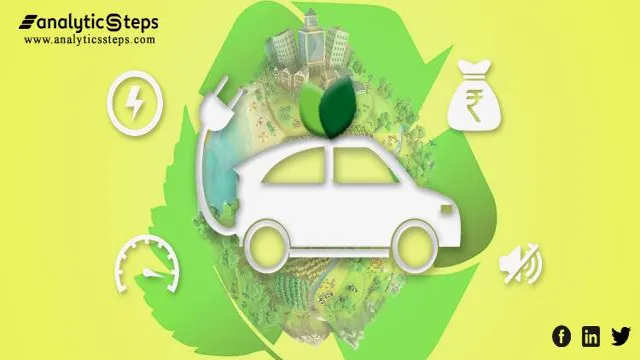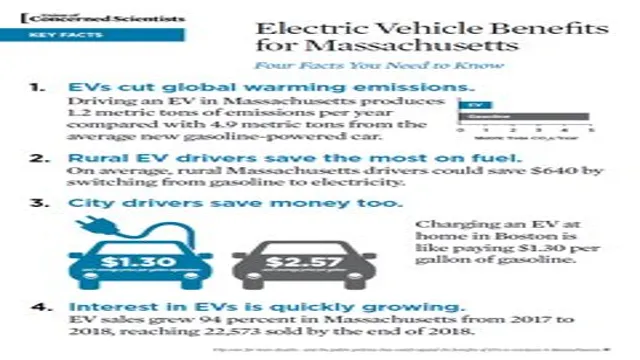Electric Car Facts Benefits: Eco-Driven Advantages Unveiled
Electric cars are becoming more popular. Many people want to know more about them. This article will share important facts and benefits of electric cars. We will keep the language simple. Let’s start learning!
What is an Electric Car?
An electric car runs on electricity. It uses a big battery. This battery stores energy. Electric cars do not use gasoline or diesel. Instead, they use electric power to move. This is different from regular cars. Regular cars use fossil fuels. Fossil fuels are bad for the Earth.
How Do Electric Cars Work?
Electric cars have a few important parts. Here are the main parts:
- Battery: This stores energy.
- Electric Motor: This makes the car move.
- Charger: This fills the battery with energy.
When you press the pedal, the electric motor turns on. It uses energy from the battery. This makes the car go forward. When the battery runs low, you need to recharge it.
Benefits of Electric Cars
Many people choose electric cars for many reasons. Here are some key benefits:
1. Eco-friendly
Electric cars are better for the environment. They do not emit harmful gases. Regular cars release carbon dioxide. This gas is bad for air quality. Electric cars help reduce air pollution. This makes the air cleaner for everyone.
2. Lower Operating Costs
Electric cars are cheaper to run. Charging an electric car costs less than buying gas. You can save money in the long run. Also, electric cars need less maintenance. They have fewer moving parts. This means fewer repairs.
3. Quiet Operation
Electric cars are quiet. They do not make loud noises like gas cars. This makes driving more pleasant. It also helps reduce noise pollution in cities.
4. Tax Incentives
Many governments offer tax benefits for electric car owners. These incentives help lower the cost of buying a car. Check local laws for specific benefits. You might save money when you buy an electric car.
5. Energy Independence
Using electric cars can reduce reliance on oil. Many countries depend on oil imports. Electric cars use locally produced electricity. This helps countries become more energy independent.
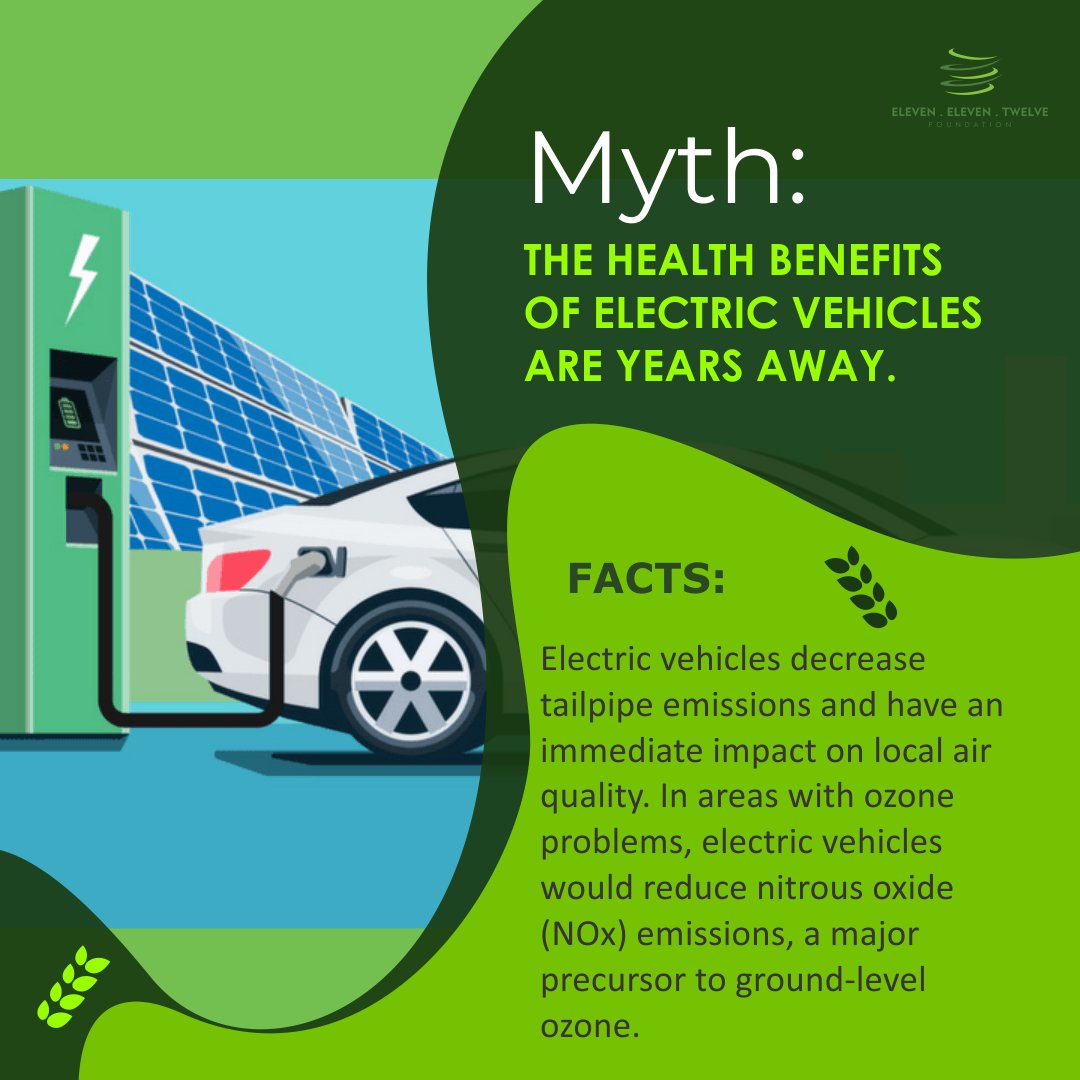
Charging Electric Cars
Charging an electric car is easy. You can charge it at home or at public stations. Here are the main ways to charge:
- Home Charging: Many people install a charger at home. This is convenient for daily use.
- Public Charging Stations: These are found in many places. You can charge your car while shopping or eating.
- Fast Charging: Some stations charge cars quickly. This is useful for long trips.
Always check how much charge you have left. Planning your trips helps avoid running out of power.
Range of Electric Cars
Range is how far a car can go on a full charge. Many electric cars can travel between 100 and 300 miles. Some newer models can go even further. The range depends on the car model and battery size. Always check the range before buying a car.
Common Myths About Electric Cars
Many myths exist about electric cars. Let’s clear up some of these:
Myth 1: Electric Cars Are Slow
This is not true. Many electric cars can go fast. They have quick acceleration. This means they can speed up quickly.
Myth 2: Charging Takes Too Long
Charging times have improved. Some chargers can fill a battery in 30 minutes. Home charging is also simple. Just plug it in at night.
Myth 3: Electric Cars Are Expensive
While some electric cars can be pricey, many affordable options exist. Plus, lower operating costs can save you money.
Future of Electric Cars
The future looks bright for electric cars. More people want to drive them. Many car makers are investing in electric technology. They are creating new models with better batteries. This means longer ranges and faster charging.
Government Support
Many governments support electric cars. They set goals to reduce pollution. This encourages more people to buy electric cars. New laws and incentives are being created.
Innovation In Technology
New technology is changing electric cars. Battery technology is improving. This will help with range and charging speed. Self-driving cars may also become electric. This is an exciting possibility for the future.
Frequently Asked Questions
What Are The Main Benefits Of Electric Cars?
Electric cars have lower fuel costs, less maintenance, and reduced emissions. They are also quieter and often have tax incentives.
How Do Electric Cars Help The Environment?
Electric cars produce no tailpipe emissions, which helps reduce air pollution. They can also use renewable energy sources.
What Is The Average Range Of Electric Cars?
Most electric cars can travel between 150 to 370 miles on a full charge. Range varies by model and battery size.
Are Electric Cars Cheaper To Maintain?
Yes, electric cars have fewer moving parts. This means lower maintenance costs compared to traditional gasoline cars.
Conclusion
Electric cars have many benefits. They are good for the environment. They save money on fuel and maintenance. They are quiet and easy to charge. Many myths about electric cars are not true. The future of electric cars is bright.
As more people learn about electric cars, they may choose to drive one. This is a positive step for our planet. Electric cars can help create cleaner air for everyone. Consider joining the movement towards electric vehicles today.
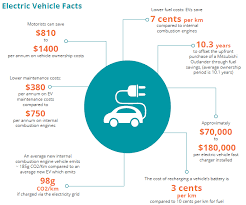
Quick Facts About Electric Cars
| Fact | Details |
|---|---|
| Zero Emissions | Electric cars do not release harmful gases. |
| Cost Savings | Charging is cheaper than buying gasoline. |
| Quiet Driving | Electric cars operate quietly and peacefully. |
| Less Maintenance | Fewer moving parts mean less repair work. |
| Government Incentives | Many places offer tax credits for electric car buyers. |
Now you know many facts about electric cars. Understanding their benefits can help you make smart choices. Electric cars are a great option for a cleaner future.

